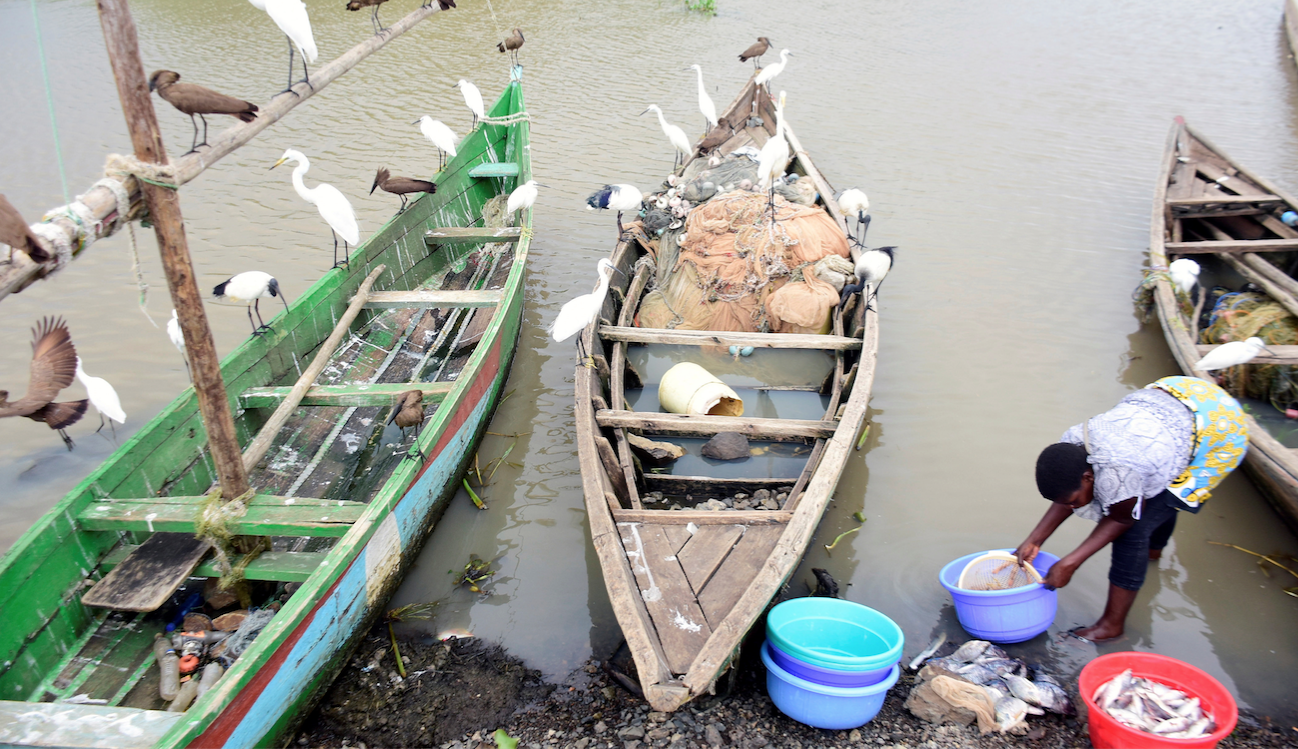

Despite Kenya's 2017 ban on plastic bags, plastic waste continues to threaten ecosystems and public health, particularly around Lake Victoria.
With World Environment Day at hand, stakeholders from government, civil society and the private sector gathered in Kisumu for a panel discussion focused on tackling persistent plastic pollution.
The event, organised as a pre-activity under the 'Haki Ni Yetu' initiative, brought together duty bearers, civil society organisations and environmental agencies to address systemic challenges in enforcing the plastic ban and to discuss sustainable waste management solutions.
Winnie Masai, executive director of InformAction and a co-lead of the Haki Ni Yetu coalition, which includes KIOS Foundation, InformAction and the CSO Network, emphasised the complexity of the plastic crisis.
"We’re unpacking why, despite the ban, plastics remain widely used. From porous borders to poverty-driven behaviour, there are systemic barriers. CAM talks about cost-benefit concerns, while KRA points to cross-border enforcement challenges. Nema highlights behavioural resistance, especially in informal sectors."
She noted the affordability and availability of plastics as key drivers, contrasting them with eco-friendly alternatives like reed baskets and Uhuru bags that not only preserve indigenous knowledge but also provide income-generating opportunities.
"These alternatives are viable but underutilised. There’s a huge opportunity for job creation, especially among women. What’s lacking is mass sensitisation and commitment from both citizens and institutions," Masai added.
Judith Oluoch, CEC for Water, Environment, Climate Change and Natural Resources, outlined the county’s efforts to align with national and global policies on waste management.
"Managing plastic in Kisumu is a shared responsibility. We’re developing a localised solid waste management policy and working closely with agencies like UNDP and the Kenya Law Reform Commission to finalise it within a month."
Oluoch noted that the county had invested in six Material Recovery Facilities in areas like Kondele, Railways, Maendeleo Market and near the slaughterhouse.
Other investments include modern garbage truck compressor units to support waste collection and segregation and the deployment of serialised waste bins across the city, each managed by designated community stakeholders.
The county, she said, is also pursuing waste-to-value solutions through an open Expression of Interest for private sector investors to establish waste conversion projects, drawing lessons from counties like Nairobi and Machakos.
"Organic waste accounts for 65–70 per cent of Kisumu’s waste, ideal for composting or fertiliser production. Plastic and other recyclables make up the remaining 30 per cent. Empowering local groups to manage this is key," she added.
CSO Network executive director, Betty Okero, addressed the contradiction between the plastic ban and the lack of accessible alternatives.
"We’re dealing with a conflict between government enforcers and community members who simply can’t afford the alternatives,” Okero said.
“Why are ziplock bags and foil paper so expensive? If we’re serious about banning plastics, we must make sustainable alternatives affordable and accessible."
She stressed that waste-to-wealth models must be inclusive, equitable and grounded in reality, ensuring marginalised communities are not left behind in the transition.
"Convictions don’t guarantee compliance. People will keep using plastics unless we address the root causes: poverty, lack of alternatives and systemic inefficiencies. We need to have honest conversations that lead to practical solutions."
On community awareness, she noted that education alone is not enough without functional systems in place.
"You can’t tell people to separate and dispose of waste properly when there are no disposal points nearby. Eventually, they’ll resort to dumping. Change is only possible if systems like collection points and recycling centres exist within reach. No one will drive three kilometres to throw away plastic," she said.
She added, "It’s important that we’re having these conversations. But we must also acknowledge that the county government and assembly are taking steps, developing policies and mobilising resources. The goal is to make sure these policies don’t just remain on paper but are realistic, inclusive, and community-driven."
Solutions should not unfairly burden citizens, Okero said, while still holding both users and producers accountable.
"Extended producer responsibility must be rooted in justice and human rights. We’ve started the dialogue and that’s a good place to build from."
MCAs Samuel Dede, chair of the Environment and Climate Change committee in the county assembly and Nancy Matara, chair of Gender, Sports, Culture and Youth Affairs, echoed the importance of decentralised waste management and community buy-in.
"Waste isn’t waste until wasted; it's all about mindset. We need to go back to practices like we had in Arena Estate back in the days when I was growing up, where bins in every unit ensured cleanliness," Matara said.
With the county bordering Lake Victoria, stakeholders underscored the urgency of protecting the lake's fragile ecosystem.
"We rely on this lake for water, food, and livelihood. When plastics end up there, it's a disaster ecologically and economically," Oluoch said.
As Kisumu prepares to commemorate World Environment Day on June 5, the hope is that this dialogue will translate into concrete commitments from both citizens and the government.














